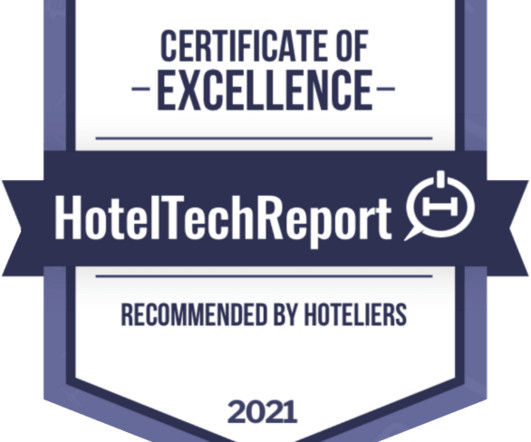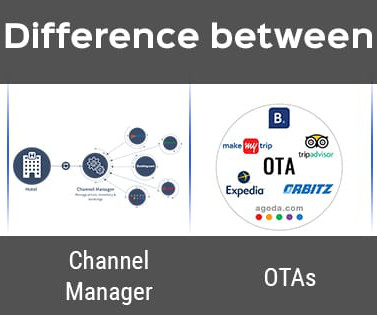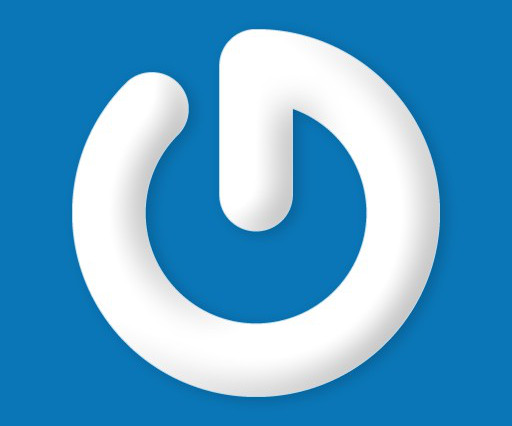How To Avoid Overbooking In the Hotel Industry
Inn Quest
OCTOBER 17, 2023
Overbooking is a common problem in the hospitality industry, causing major issues for both – hoteliers and guests. Striking the perfect balance between fully booked rooms and avoiding overbooking can be a challenging task. This is why our guide discusses how to avoid overbooking in hotels. Why Do Hotel Overbookings Happen?


















Let's personalize your content